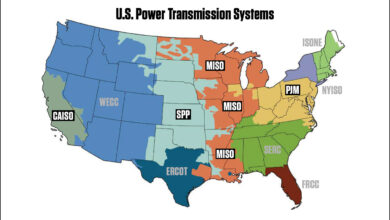US judge halts rule capping credit card late fees at $8

By Nate Raymond
(Reuters) -A federal judge in Texas on Friday halted the Consumer Financial Protection Bureau’s new rule capping credit card late fees at $8, a victory for business and banking groups challenging part of the Biden administration’s crackdown on “junk fees.”
U.S. District Judge Mark Pittman in Fort Worth issued a preliminary injunction preventing the rule from taking effect next week. The injunction was sought by groups including the U.S. Chamber of Commerce and the American Bankers Association.
Pittman, appointed by Republican then-President Donald Trump, cited a 2022 ruling by the New Orleans-based 5th U.S. Circuit Court of Appeals, which found the CFPB’s funding structure unconstitutional.
“Consequently, any regulations promulgated under that regime are likely unconstitutional as well,” Pittman wrote. “Thus, Plaintiffs establish a likelihood of success on the merits.”
The U.S. Supreme Court is reviewing the 2022 ruling, and during oral arguments in October appeared wary of upholding it. Pittman remains bound by the ruling because his court is in the 5th Circuit’s jurisdiction.
Maria Monaghan, counsel to the U.S. Chamber of Commerce Litigation Center, in a statement called Pittman’s decision “a major win for responsible consumers who pay their credit card bills on time and businesses that want to provide affordable credit.”
A CFPB spokesperson said the regulator will keep defending the rule, saying “consumers will shoulder $800 million in late fees every month that the rule is delayed – money that pads the profit margins of the largest credit card issuers.”
The rule has the backing of President Joe Biden, a Democrat. White House spokesperson Jeremy Edwards in a statement called the ruling disappointing, saying the CFPB’s rule is “a critical measure to save American families billions in junk fees.”
The CFPB adopted the rule to counteract what it called “excessive” fees that credit card issuers charge for late payments.
The rule would block card issuers with more than 1 million open accounts from charging more than $8 for late fees, unless they could prove higher fees are necessary to cover their costs.
According to the CFPB, issuers collected more than $14 billion worth of credit card late fees in 2022, with an average fee of $32.
Business and banking groups sued in March to block the rule. The case had been delayed in a jurisdictional back-and-forth over whether the case should remain in Texas, after Pittman initially transferred it to Washington, D.C.
A 5th Circuit panel dominated by Trump appointees ultimately reversed that decision and last week gave Pittman a May 10 deadline on whether to issue an injunction.
Pittman in Friday’s order expressed concern over the 5th Circuit’s rulings in the case and said he still believed a judge in Washington could have him himself issued a “just and fair” ruling. “We must trust the system,” he said.



